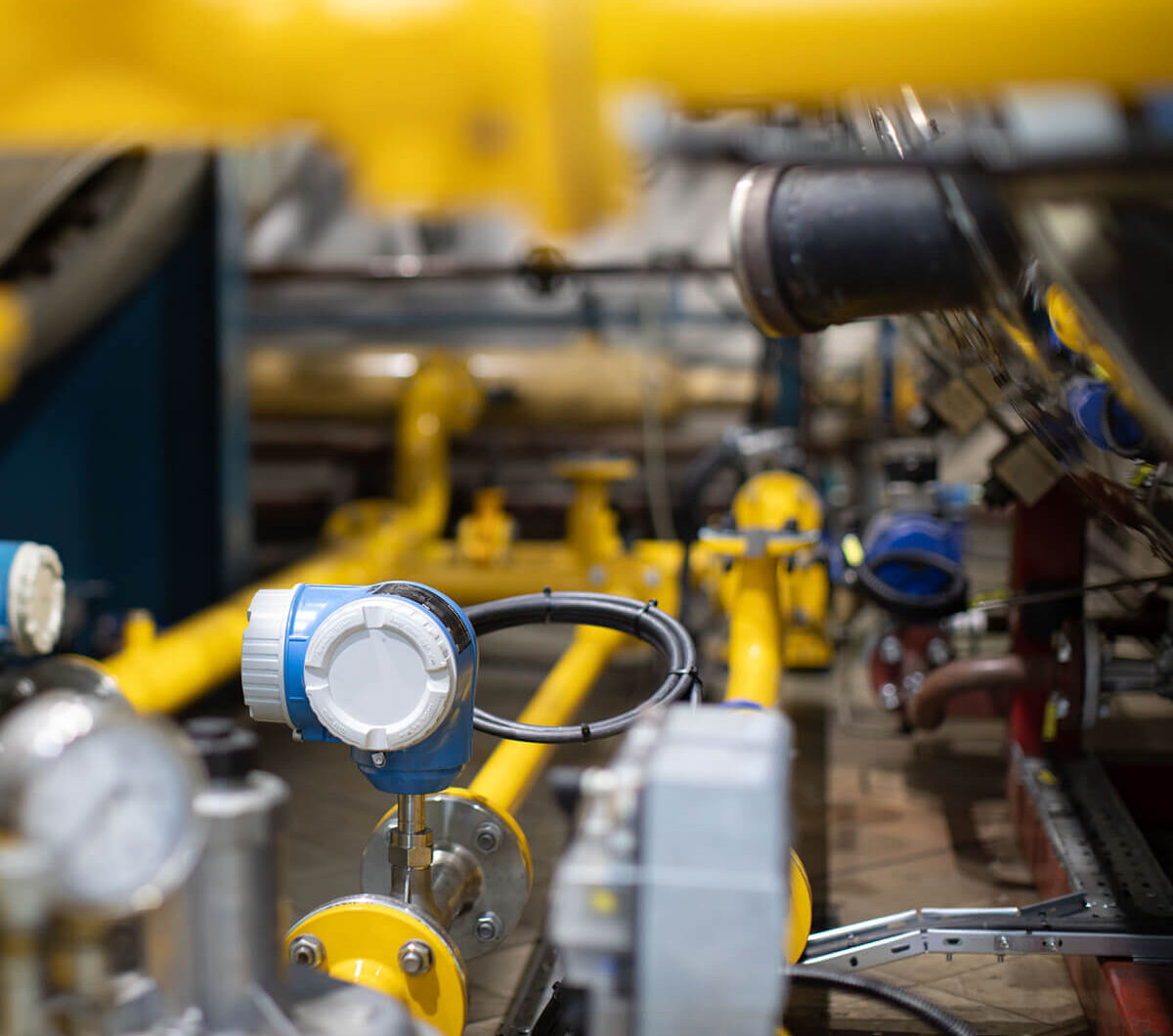
Different types of steam boilers
At Dunphy, we supply a range of steam boilers tailored to industrial needs. Each steam boiler type offers specific advantages depending on capacity, pressure, and application.
Fire Tube Steam Boilers
Compact and cost-effective, fire tube steam boilers are ideal for low-to-medium pressure applications. Common in food production and smaller facilities – these boilers are simple to install and maintain. Dunphy burners and control systems ensure clean combustion and optimal heat transfer in every installation.
Water Tube Steam Boilers
Designed for high-pressure and high-output requirements, water tube steam boilers are used in demanding environments such as chemical plants and power generation. They provide rapid steam generation and scale well for large operations.
Waste Heat Recovery Steam Boilers
These boilers use excess heat from industrial processes to generate steam, improving energy efficiency and lowering emissions. Suitable for heavy industry and manufacturing sites and often installed alongside thermal oil heaters, Dunphy’s waste heat recovery systems help achieve significant efficiency gains and lower operating costs.
Electric Steam Boilers
Electric steam boilers provide zero-emission steam generation for cleanroom, pharmaceutical, and laboratory environments. They provide fast, precise steam generation with minimal maintenance. When integrated with industrial electric hot water boilers, Dunphy’s hybrid systems enable a smooth transition toward fully electric or hydrogen-based energy strategies.
What is an industrial steam boiler and how do they work?
Unlike industrial hot water boilers, which operate as a closed system where water is recirculated, industrial steam boilers typically lack a return loop. Fresh water is continuously pumped into the boiler, where it is heated under pressure to generate steam. This steam is then distributed throughout the system for use in its designated application. While some systems may capture and return condensed steam to the boiler, this configuration is less common.
Steam boilers are designed to generate steam for various applications. While their basic design shares similarities with industrial hot water boilers, steam boilers have a distinctive feature where their water tubes extend about three-quarters of the way up the furnace. The remaining space at the top allows steam to expand under high pressure.











